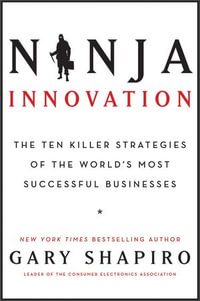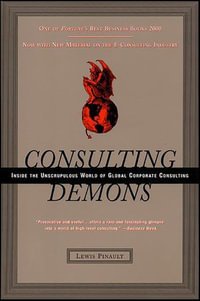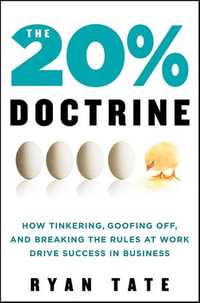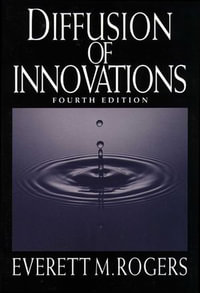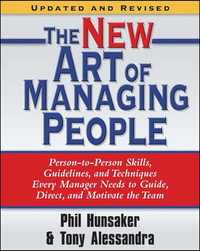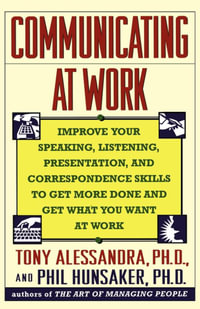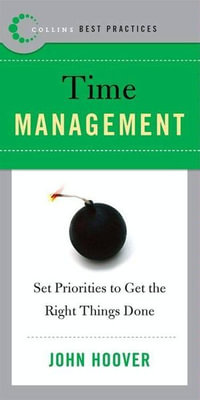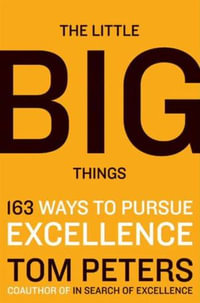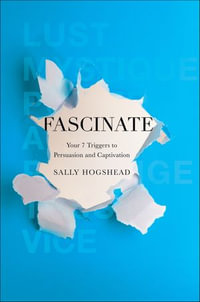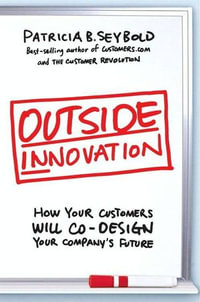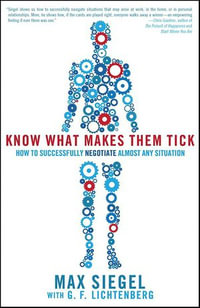List of Contributors.
Introduction (Richard Ennals).
PART 1: DIALOGUE AND SKILL.
Chapter 1. The Practice of the Use of Computers: A Paradoxical Encounter between Different Traditions of Knowledge (Bo Granzon).
Chapter 2. Writing as a Method of Reflection (Maria Hammarn).
Chapter 3. The Dialogue Seminar as a Foundation for Research on Skill (Adrian Ratkic).
Chapter 4. The Methodology of the Dialogue Seminar (Bo Granzon and Maria Hammarn).
PART 2: THEATRE AND WORK.
Chapter 5. A Dwelling Place for Past and Living Voices, Passions and Characters (Erland Josephson).
Chapter 6. Theatre and Knowledge (Allan Janik).
PART 3: CASE STUDIES.
Chapter 7. Dialogue Seminar as a Tool: Experience from Combitech Systems (Niclas Fock).
Chapter 8. Maximum Complexity (Christer Hoberg).
Chapter 9. Better Systems Engineering with Dialogue (Gran Backlund and Jan Sjunnesson).
Chapter 10. Some Aspects of Military Practices and Officers Professional Skills Peter Tillberg.
Chapter 11. Science and Art Karl Dunr, Lucas Ekeroth and Mats Hanson.
PART 4: DIALOGUE SEMINAR AS REFLECTIVE PRACTICE.
Chapter 12. Tacit Knowledge and Risks (Bo Granzon).
Chapter 13. Skill, Storytelling and Language: on Reflection as a Method (Maria Hammarn).
Chapter 14. Reading and Writing as Performing Arts: at Work??(??yvind P??lshaugen).
Chapter 15. Knowledge and Reflective Practice (Kjell S. Johannessen).
Chapter 16. Dialogue, Depth, and Life Inside Responsive Orders: From External Observation to Participatory Understanding (John Shotter).
PART 5: TACIT KNOWLEDGE AND LITERATURE.
Chapter 17. Rule Following, Intransitive Understanding and Tacit Knowledge: An Investigation of the Wittgensteinian Concept of Practice as Regards Tacit Knowing (Kjell S. Johannessen).
Chapter 18. Henrik Ibsen: Why We Need Him More Than Ever (Allan Janik).
PART 6: CONCLUSIONS.
Chapter 19. Theatre and Workplace Actors (Richard Ennals).
Chapter 20. Training in Analogical Thinking: The Dialogue Seminar Method in Basic Education, Further Education and Graduate Studies (Bo Granzon, Maria Hammarn, Adrian Ratkic).
Index.


